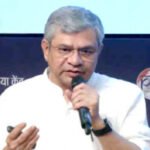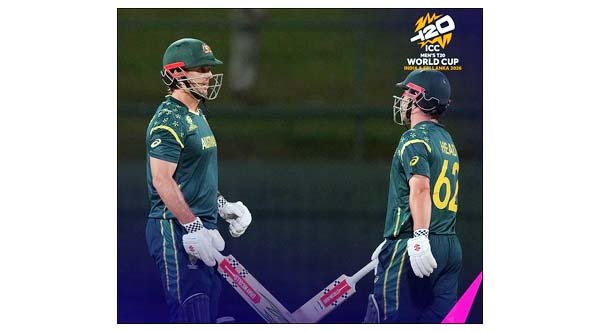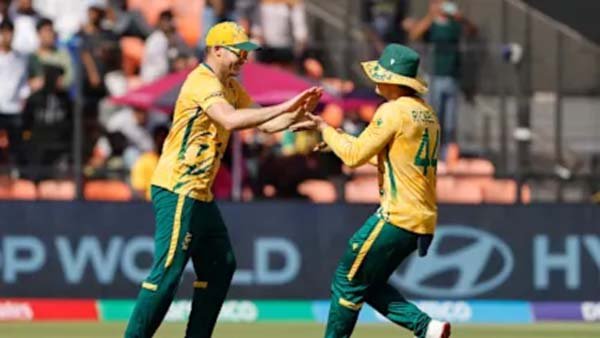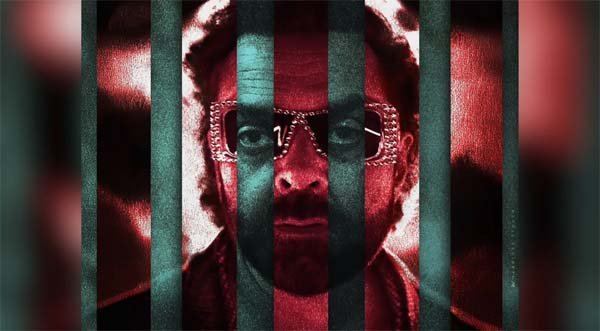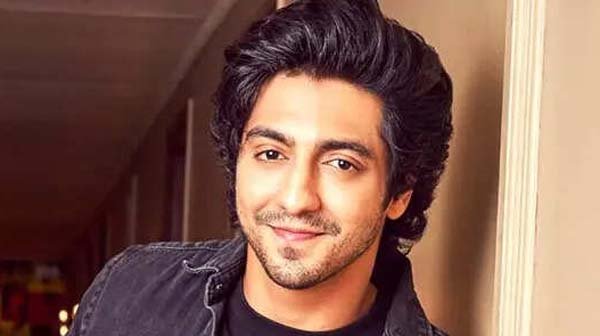New Delhi, July 30 (UNI) In a significant observation, the Supreme Court today called upon the Kerala Governor (Chancellor of state universities) and the State government to amicably work together in the interest of students by initiating the regular appointment of Vice-Chancellors (VCs) at APJ Abdul Kalam Technological University and the Kerala University of Digital Sciences, Innovation and Technology.
A bench comprising Justice JB Pardiwala and Justice R Mahadevan was hearing a Special Leave Petition (SLP) filed by the Kerala Governor, challenging the Kerala High Court’s ruling that quashed his unilateral appointment of temporary VCs without recommendations from the State Government.
“We expect the Chancellor also to extend cooperation and consider whatever comes from the State Government.
Ultimately, this is not about power; it’s about education. Why should students suffer because of this litigation?” remarked Justice Pardiwala during the hearing.
The Court emphasised that until permanent Vice-Chancellors are appointed through a regular process, the Chancellor (Governor) may issue notifications allowing the current acting VCs to continue or appoint new ones temporarily, as per law.
“We impressed upon the Attorney General that the first step should be to initiate the process for the appointment of regular VCs. This may take time. In the meantime, it is open for the Chancellor to appoint or continue with temporary VCs,” the Court stated.
The case stems from the Governor’s appointment of Dr K Sivaprasad and Dr Ciza Thomas as temporary VCs of the two state universities in November 2024, without the State Government’s recommendation.
The Kerala High Court’s single bench quashed the appointments on May 19, and a division bench upheld the ruling on July 14, reinforcing that such appointments must align with the Technological University Act and Digital University Act, both of which limit such temporary appointments to six months and require consultation with the government.
The Attorney General for India, R Venkataramani, appearing for the Governor, argued that the Governor’s powers stem from UGC Regulations, which override state university laws. He emphasized the “recurring problem” of deadlock between the State and Chancellor, which necessitated temporary appointments.
However, the Court noted that the temporary VC term (appointed November 27, 2024) had expired on May 27, 2025, and pressed for resolution through institutional harmony.
“There cannot be a stalemate,” said Justice Pardiwala. “There has to be normalcy between the Chancellor and the State Government. Otherwise, students will be the sufferers.”
The State Government, represented by Senior Advocate Jaideep Gupta, informed the Court that the regular appointment process had already been initiated but was stalled due to a legal challenge over the constitution of the Search Committee.
The Kerala High Court had issued an interim order in the government’s favor, effectively halting the process.
The Supreme Court, while keeping the matter pending, directed both the Centre and the State to work out a mechanism for prompt regular appointments. It urged both parties to act not out of political rivalry but in the best interest of higher education.
“All that is important is to appoint the right person. Mr. Gupta, you have a crucial role. Mr. Attorney, and you can sort this out. We are only concerned with students,” the bench remarked before concluding the day’s proceedings.






